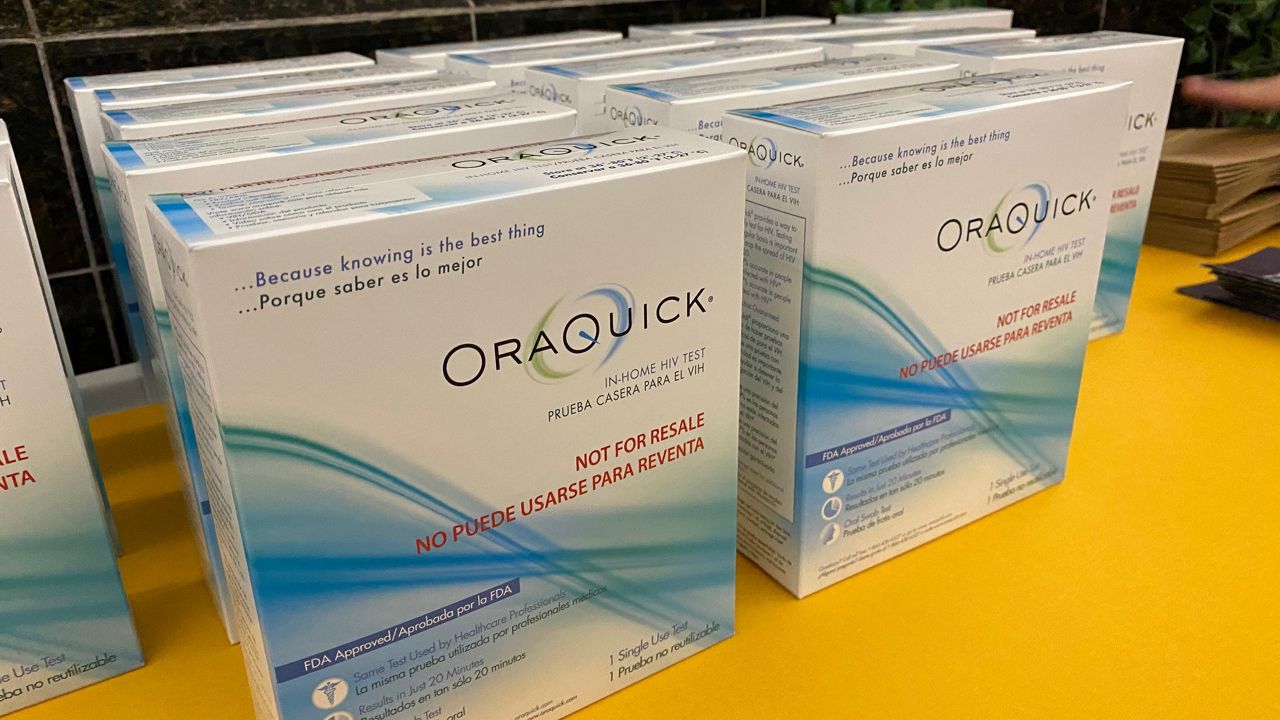COLUMBUS, Ohio — A survey from The Ohio State University Wexner Medical Center has found a number of misconceptions Americans hold regarding STIs even as the spread of these diseases are on the rise, especially syphilis.
The survey found that 34% of Americans thought STIs could only be transmitted via sexual intercourse and that 20% thought you only needed to be tested if you’re having symptoms, according to a press release concerning the study.
The release states that STIs can be spread even by kissing, through childbirth or even from sharing needles in addition to intercourse.
“We’re likely still experiencing some of the effects of the COVID-19 pandemic when STI prevention services were completely shut down,” said Jose A. Bazan, a professor of clinical internal medicine with the Division of Infectious Diseases at Ohio State, in the release. “A lot of STIs were undiagnosed and under-reported then, allowing these infections to spread within the population. The CDC’s latest surveillance data from 2022 showed an alarming increase in cases of syphilis and congenital syphilis.”
The release also notes that cases of syphilis being passed to a child during pregnancy, called congenital syphilis, have increased by 180% between 2018-2022.
“It’s important that pregnant individuals get screened for syphilis, as this is a very preventable infection that can easily be treated with antibiotics,” Bazan said in the release. “Unfortunately, the rising number of cases tells us we’re not reaching vulnerable populations in time.”
Stacey Biffle-Quimba, program manager for sexual health and women’s health at Columbus Public Health in Ohio, recommends using a condom and discussing testing with your doctor and partner.
"Preventing transmission to a partner is very important because that partner may have other partners and that's where it can turn into an epidemic. It's important that people be tested, especially if they've never been screened, have new sexual partners or have high risk sexual partners,” she said in the release.
They also recommend vaccinations for HPV and hepatitis A/B and medications for HIV (pre and post), as effective methods for preventing STIs.
Finally, the release notes that some STIs don’t present symptoms for quite some time and can lead to further health complications. The release cites the CDC’s three actions for preventing STI spread: talk, test and treat.
“While these tests are convenient and private, it’s important to discuss the results with a doctor to determine if a repeat STI test or treatment is needed”, Bazan said in the release. “Having these conversations in a safe and non-judgmental way is a critical tool in helping us fight the epidemic of STIs.”



